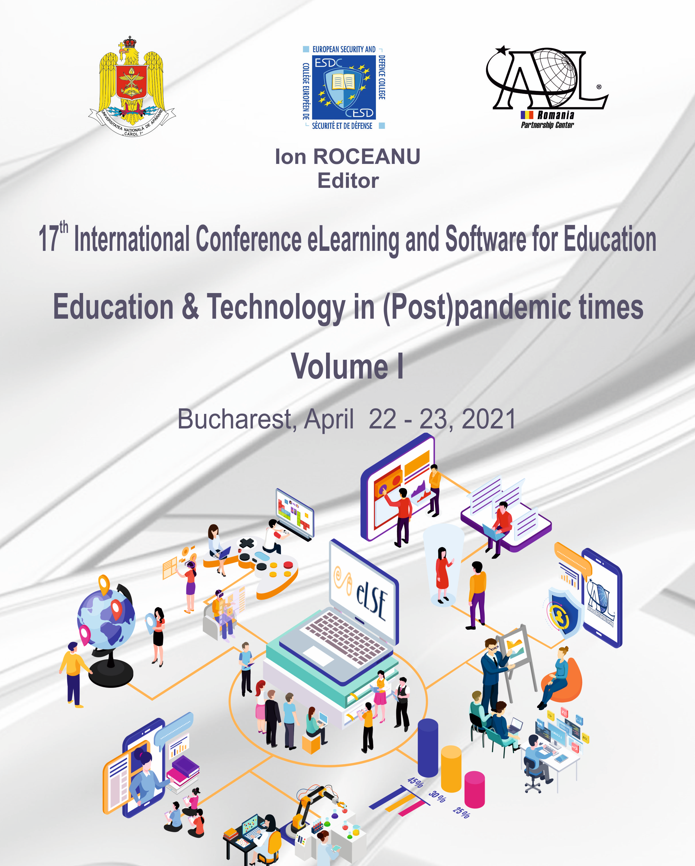DIGITALIZATION AND LEVELS OF QUALIFICATION
DIGITALIZATION AND LEVELS OF QUALIFICATION
Author(s): Cătălin Ionuţ Silvestru, Vasilica-Cristina Icociu, Tiberiu-Gabriel Dobrescu, Nicolae PostăvaruSubject(s): Labor relations, Higher Education , State/Government and Education, EU-Approach / EU-Accession / EU-Development, ICT Information and Communications Technologies, Distance learning / e-learning
Published by: Carol I National Defence University Publishing House
Keywords: digitalization; skills; qualifications;
Summary/Abstract: The article is based on an analysis of current documents issued at European level, by the European Commission, CEDEFOP, USA-Department for Labor and also at national level, on digital education and establishing the necessary competencies at different levels of education. For the first time, a correlation is made between the qualification levels in the National Qualifications Framework and the competences / skills currently existing in the specialized literature as a narrative. This classification comes to the aid of education specialists to show them what needs to be taught to pupils and students according to their mental capacity in what we call digital education. We must take into account the development of the minds of young people, in conjunction with the taught elements of digital education, in order to be consistent with the educational profile and the curriculum aims. The aspects presented in this article refer to young people of medium level of development for whom a digital education strategy is made and those underdeveloped. For the digital age, it is clear that a national strategy for digital education is needed. This must include the competencies and learning outcomes specific to each qualification level in the education system, including teacher training, and the technology required. In this paper we show that at European level important steps have been taken in this direction, there is an Action Plan based on a recommendation of the Council, supplemented with competencies and related levels. Thus, we are presenting a proposal for coordination between the levels of digital skills and those of education and qualifications, which should come to the aid of those entitled to regulate the situation of digital education.
Journal: Conference proceedings of »eLearning and Software for Education« (eLSE)
- Issue Year: 17/2021
- Issue No: 01
- Page Range: 278-292
- Page Count: 15
- Language: English

